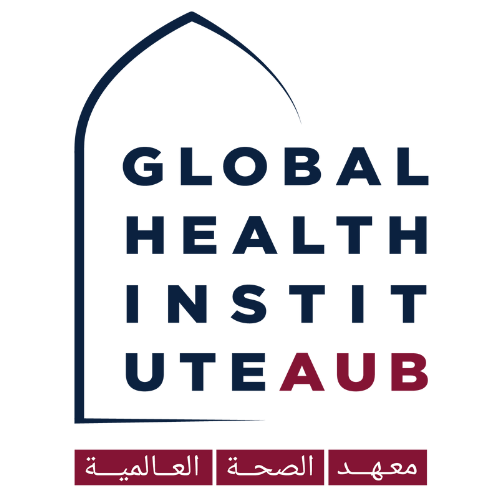


Rami Abdel Razig Abass
Nationality: Yemen
Site of Mentored Research: Yemen
Background: Medical Doctor
Current Position: Médecins Sans Frontières (MSF)
Mentor(s): Carolina Jimenez, MD, FCPSCR, University of Ottawa, Canada
RESEARCH PROJECT
Project Title
Impact of antimicrobial stewardship in a conflict setting
Abstract ( based on proposal)
Background: Antibiotic resistance is growing in low and middle-income countries (LMICs) due to the overuse of antibiotics. If the latter was not controlled, many available antibiotics will be rendered useless and a number of common infections will have no cure. Antibiotic stewardship programs (ASPs) aim to promote more optimal antibiotic use in hospitalized patients with some providing real-time support for better prescription.
Rationale: Guidelines have been recently issued for the development and implementation of active APS in hospitals. Multiple strategies are available, including prospective audit with feedback to the provider, education and antimicrobial restriction. ASPs have been shown, in high-income settings, to reduce emergence of antibiotic resistance in hospitals, decrease costs, and improve care quality, but few ASPs have been established in LMICs.
Aim: This project aims to study the impact of ASP implementation in a conflict setting on rational antibiotic prescription, consumption, cost, and protocol and adherence to guidelines (MSF protocols).
Methods: A quantitative, quasi-experimental study will be done in Abs hospital (a second level facility in the frontline of the Yemen conflict). The data will be collected through convenience sampling from files of patients who are admitted in IPD and are on antimicrobial treatment. Then, data will be entered into Global Point Prevalence Survey (PPS) and analyzed using SPSS. Monthly pharmaceutical data from issystock data, Defined Daily Doses (DDD) Methodology and IMO costs for 2018, 2019, and 2020 will be used to compare the consumption and cost of antibiotics prior to and during the implementation of the ASPs. Data on the average length of stay in the hospital will be used as a proxy indicator for clinical patient outcome. Descriptive and comparative data analysis for prescription practices and antibiotics cost and consumption will be conducted using Excel and SPSS.
Significance: Due to the scarcity of data on ASPs implementation in hospitals in areas with high conflict settings, this study will provide significant information about the effect of ASPs in such areas on the optimization of antimicrobial use, costs, bacterial resistance, and patient outcomes.
OUTPUTS
PEER REVIEWED PAPER
Impact of Antimicrobial Stewardship in a Conflict Setting
- Format: Research paper
- Status: Pending



